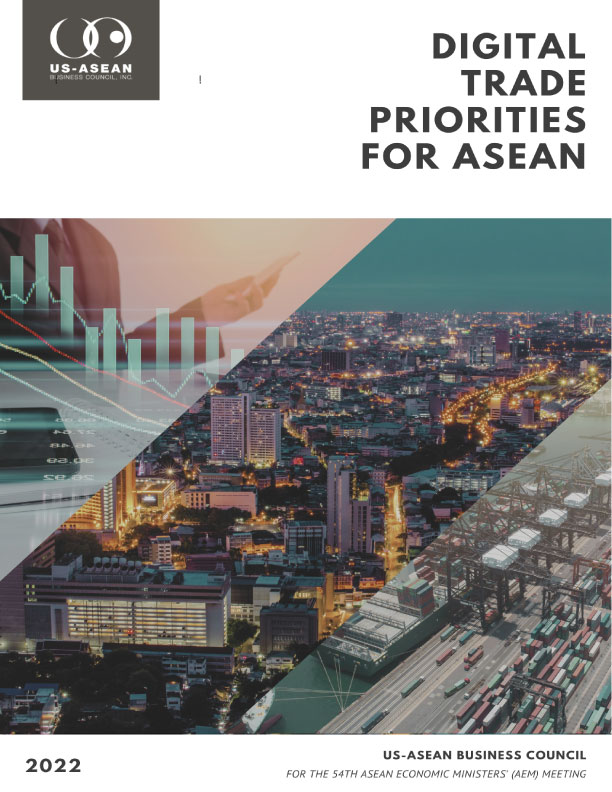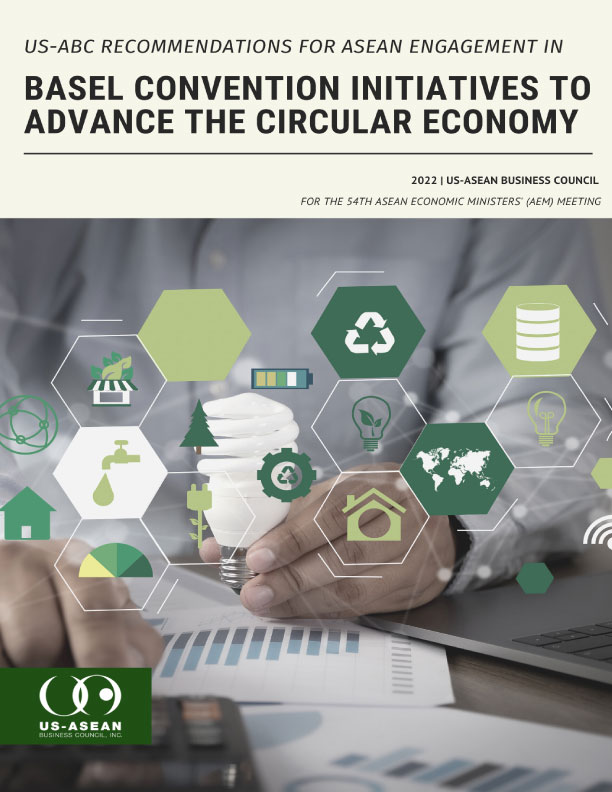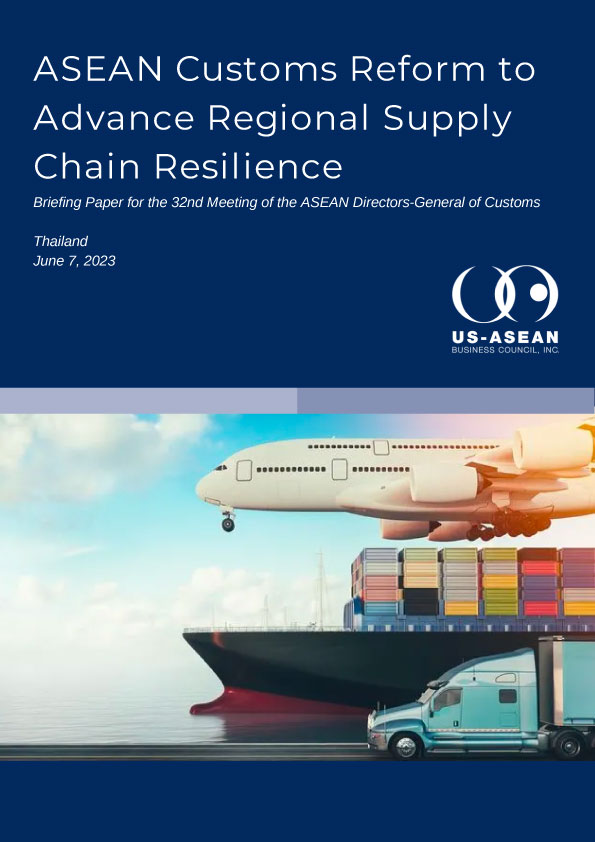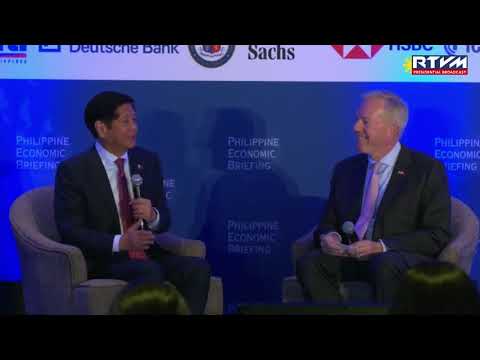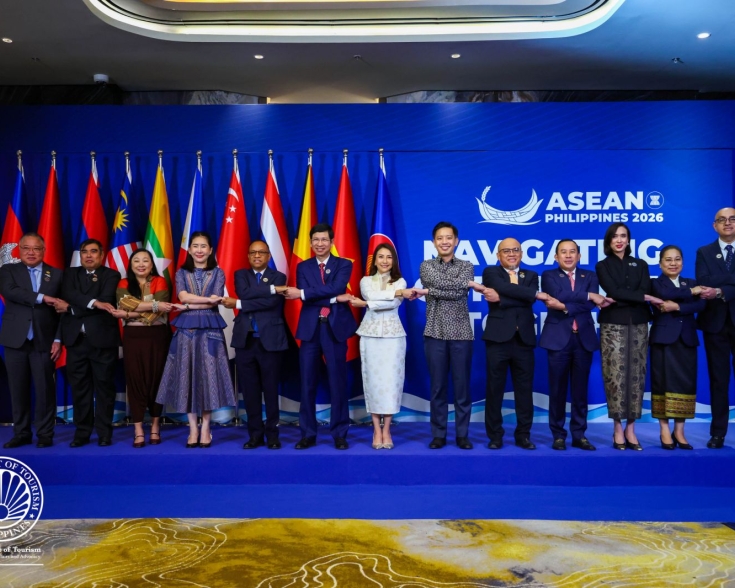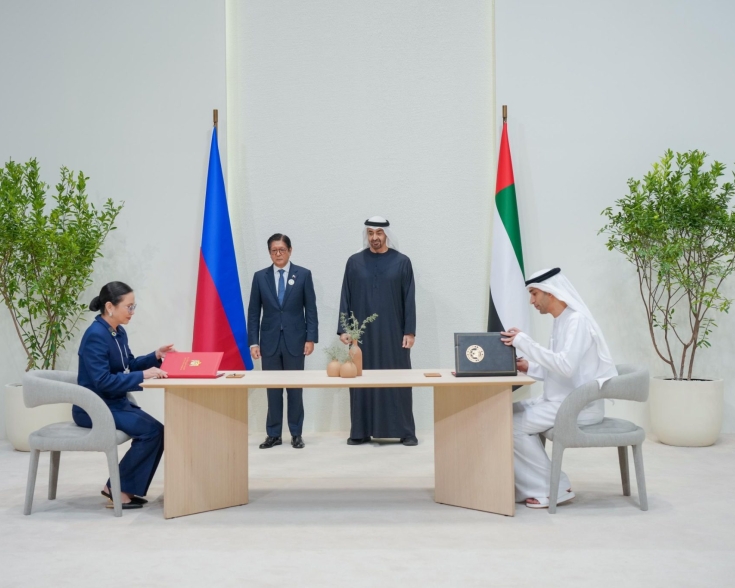Philippine Expands Market Access Push with CPTPP Application and New Tariff Exemptions
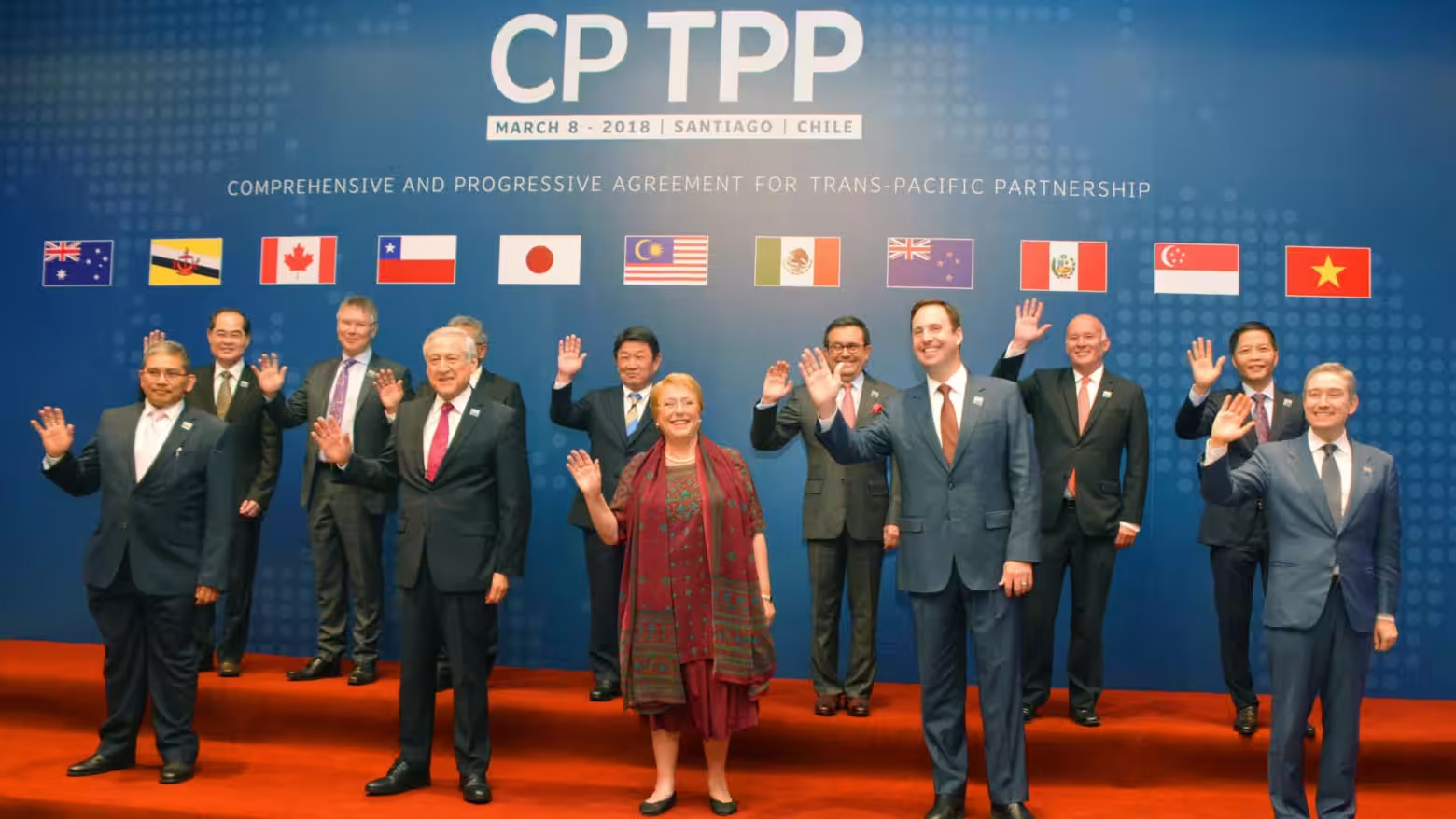
The Philippines, alongside the United Arab Emirates, has formally applied to join the Comprehensive and Progressive Agreement for Trans-Pacific Partnership (CPTPP) amid trade tensions and tariff discussions that are forcing countries to seek alternative trade frameworks. The Philippines and UAE both submitted application documents in August, marking the first since Indonesia’s in September 2024. The Philippines' application complements its broader strategy to reduce over-reliance by strengthening ties with other partners such as Japan and the European Union. This potential membership would also give the Philippines access to critical markets where it lacks bilateral trade agreements such as Canada, Mexico, Peru, and the United Kingdom. Ongoing trade talks with other global powers, combined with a CPTPP accession, would allow the Philippines to further integrate into a high-standard rules-based trade system. The Philippine Chamber of Commerce and Industry described the country’s CPTPP membership as “critical for securing the nation’s economic future at a time of increasing global trade fragmentation and protective measures from traditional partners.”
On November 19, the Board of Investments announced that nearly half of the Philippines’ exports to the United States will now be tariff-free after Washington lifted reciprocal tariffs on certain agricultural products that cannot be produced in large quantities stateside. The latest exemption covers coconut, fruit juices, processed pineapples, bananas, frozen tuna fillets, rice wafer products, confectionery goods, and dried fruits. The country’s economic managers stressed that negotiations are not yet over, with the government now pushing for similar exemptions for garments, travel goods, furniture, and leather products.


